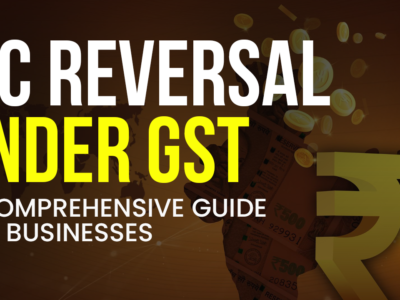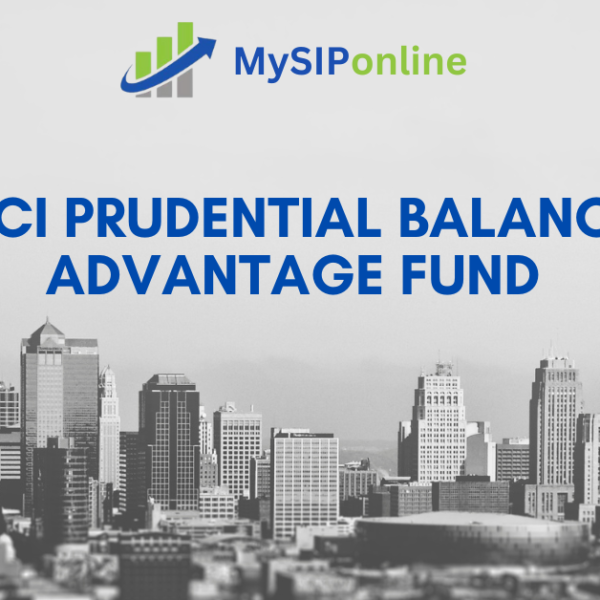
Foreclosure can be a daunting prospect for any homeowner, but with the right knowledge and proactive steps, it’s possible to avoid this dire situation. Let’s explore some effective strategies to keep your home and financial stability intact.
Understanding Foreclosure
Foreclosure occurs when a homeowner fails to make mortgage payments, leading the lender to seize and sell the property to recover the outstanding debt. It’s essential to understand how foreclosure happens and its implications to take appropriate action.
What is Foreclosure?
Foreclosure is a legal process initiated by lenders to reclaim a property when the borrower defaults on mortgage payments. This process typically involves court proceedings and can result in the forced sale of the property.
How Does Foreclosure Happen?
Foreclosure typically begins when a homeowner misses several mortgage payments. The lender may then send a notice of default, followed by a notice of foreclosure sale. If the borrower fails to remedy the default, the property is sold at auction to the highest bidder.
Importance of Avoiding Foreclosure
Avoiding foreclosure is crucial for preserving your financial well-being and preventing the loss of your home.
Financial Implications of Foreclosure
Foreclosure can have severe financial consequences, including:
Impact on Credit Score
Foreclosure can significantly damage your credit score, making it difficult to secure loans or credit in the future.
Loss of Property and Equity
Foreclosure results in the loss of your home and any equity you’ve built up over time, leaving you without a place to live and potentially facing additional financial burdens.
Steps to Avoid Foreclosure
Taking proactive steps to avoid foreclosure is essential for protecting your home and financial stability.
Assessing Your Financial Situation
Start by assessing your financial situation to understand your income, expenses, and debts.
Reviewing Income and Expenses
Evaluate your monthly income and expenses to determine if there are areas where you can reduce spending or increase income.
Seeking Professional Advice
Consider consulting with a financial advisor or housing counselor to explore your options and create a plan to avoid foreclosure.
Communicating with Your Lender
Open and honest communication with your lender is key to finding solutions to avoid foreclosure.
Exploring Loan Modification Options
Ask your lender about loan modification options, such as refinancing or extending the loan term, to make payments more manageable.
Negotiating a Repayment Plan
Work with your lender to negotiate a repayment plan that allows you to catch up on missed payments over time.
Exploring Alternatives to Foreclosure
There are alternatives to foreclosure that may help you keep your home or minimize the financial impact of losing it.
Short Sale
Consider a short sale, where the lender agrees to accept less than the full amount owed on the mortgage by selling the property for less than the outstanding debt.
Deed in Lieu of Foreclosure
A deed in lieu of foreclosure involves voluntarily transferring ownership of the property to the lender to satisfy the debt and avoid foreclosure.
Seeking Government Assistance Programs
Several government assistance programs are available to help homeowners facing foreclosure.
HARP (Home Affordable Refinance Program)
HARP allows eligible homeowners to refinance their mortgages at lower interest rates, even if they owe more than the home is worth.
HAMP (Home Affordable Modification Program)
HAMP provides eligible homeowners with loan modifications to make monthly mortgage payments more affordable.
Taking Action to Prevent Foreclosure
Taking timely action is crucial for preventing foreclosure and protecting your home.
Prioritizing Mortgage Payments
Make paying your mortgage a top priority to avoid falling further behind on payments.
Cutting Expenses
Look for ways to reduce expenses, such as cutting unnecessary spending or downsizing your lifestyle temporarily.
Increasing Income Streams
Consider finding ways to increase your income, such as taking on a part-time job or selling unused belongings.
Documenting Everything
Keep thorough records of all communication with your lender and any steps you take to avoid foreclosure.
Keeping Records of Correspondence
Save copies of emails, letters, and phone calls with your lender to ensure you have a clear record of your efforts to resolve the situation.
Saving Financial Statements
Keep copies of your financial statements, including bank statements, pay stubs, and tax returns, to support your case if needed.
Staying Informed About Legal Rights
Understanding your legal rights as a homeowner is essential for protecting yourself during the foreclosure process.
Understanding State Foreclosure Laws
Familiarize yourself with the foreclosure laws in your state to know your rights and obligations as a homeowner.
Seeking Legal Counsel if Necessary
If you’re facing foreclosure and unsure of your options, consider seeking legal advice from a qualified attorney specializing in real estate law.
The Importance of Timely Action
Taking action early can make a significant difference in preventing foreclosure and preserving your home.
Early Intervention Can Make a Difference
Seek help at the first sign of financial trouble to explore all available options and prevent the situation from worsening.
Seeking Help at the First Sign of Financial Trouble
Don’t wait until you’re already in foreclosure proceedings to seek help. Early intervention can increase your chances of finding a solution.
Being Proactive in Communicating with Lenders
Keep your lender informed of any changes in your financial situation and be proactive in seeking assistance to avoid foreclosure.
Conclusion
Avoiding foreclosure on your mortgage requires proactive steps, open communication with your lender, and a thorough understanding of your options. By assessing your financial situation, exploring alternatives to foreclosure, and taking timely action, you can protect your home and financial stability.
FAQs
1. Can I stop foreclosure once it has started?
Yes, it is possible to stop foreclosure even after it has started by negotiating with your lender, exploring alternatives, or seeking legal assistance.
2. Will avoiding foreclosure affect my credit score?
Avoiding foreclosure can help minimize the negative impact on your credit score compared to going through the foreclosure process.









